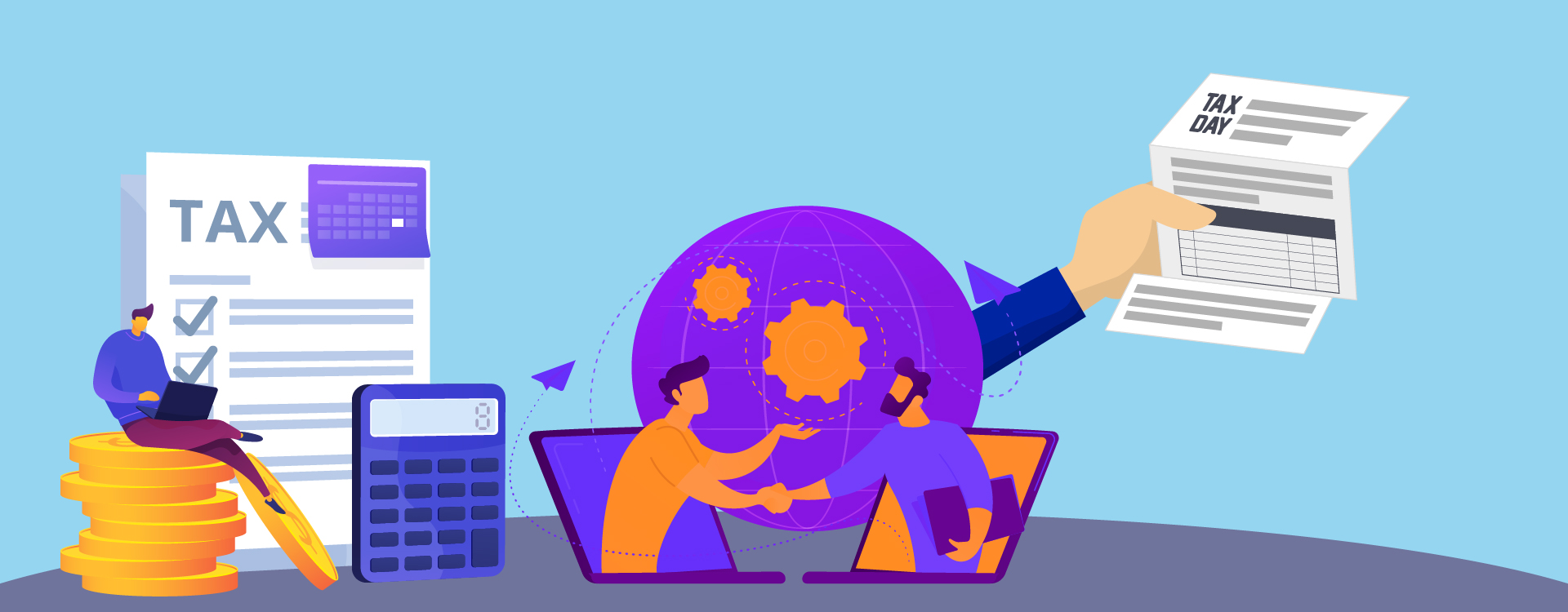If you want to sell handmade products online, or if you are a brick-and-mortar seller and want to add digital channels, there are some things you need to know regarding taxation and tax responsibilities before taking the digital step.
A simple answer to the question of whether or not internet businesses pay taxes is – yes. In India, internet-based companies and all types of online companies are required to pay taxes. Every business owner must understand the various taxes applicable to online sales and ensure that they have practical knowledge of the tax system.
Let’s take a denser look at the taxes applicable to internet-based businesses.
‘‘
If you already have an offline enterprise, you will be familiar with the tax system. However, if you are new to the online model of business, you must get the necessary help of tax specialists and consultants.
Direct Taxation through Income tax
Under the Income Tax Act 1961 and subsequent amendments to it, companies run via the internet, regardless of the marketplace, are obligated to pay income tax as per the nature of business.
Income tax is levied usually up to 30% of the profits of a company. Companies doing entirely online business in India may have to pay up to 25% of their earnings. International companies with a permanent holding in India also have to pay ~40% of their income in taxes.
Goods and Services Tax (GST)
Any dealers/traders selling goods or services online get the payment from customers after deduction of 1% tax. All the traders/dealers selling goods or services need to get registered under GST even if their turnover is less than Rs 20 lakh for claiming the tax deducted by aggregators like Amazon, Flipkart and others.
Indirect Taxation
Service Tax – If your internet business uses a host aggregator or a marketplace such as an e-commerce platform, you have to pay the service tax to the online platform.
Sales Tax – The sales tax payable amount varies across India from state to state. If you’re selling goods directly through your store, either online or offline, you’ll have to pay Value Added Tax (VAT) on same state delivery or Central Sales Tax (CST) when shipping out of state.
Custom Duty – This tax is levied only if you sell a product outside India’s legal boundaries. It depends on many variables, like the country in which you are offering the product, the product/ merchandise you are selling, its weight, etc.
Excise Duty – This applies to both online retailers and traditional stores. Consumer goods are subject to special taxes, which vary depending on the goods. Whether you sell offline or online, excise duty has to be paid by businesses.
Tax rules for state-wise online businesses
While the central government defines the federal tax structure, state governments also pass their own tax laws. The current regulations require internet companies to pay sales tax when selling products to consumers in their native states. This simply extends the general federal tax law for individual businesses, including internet marketers and other online companies.




